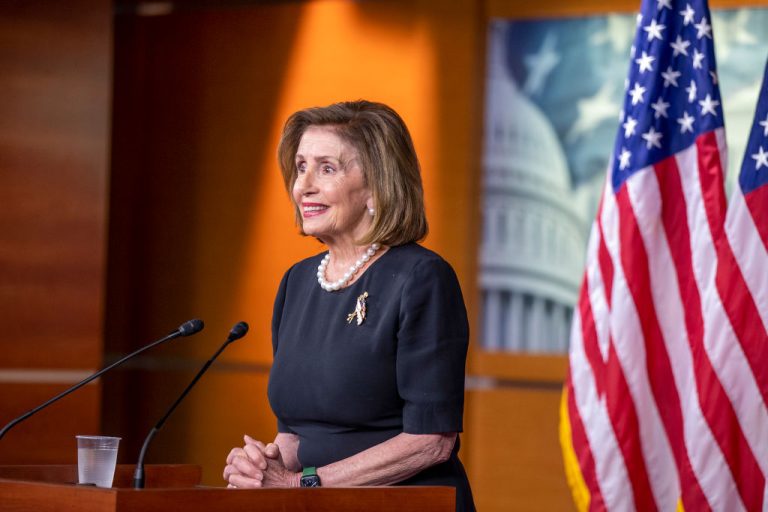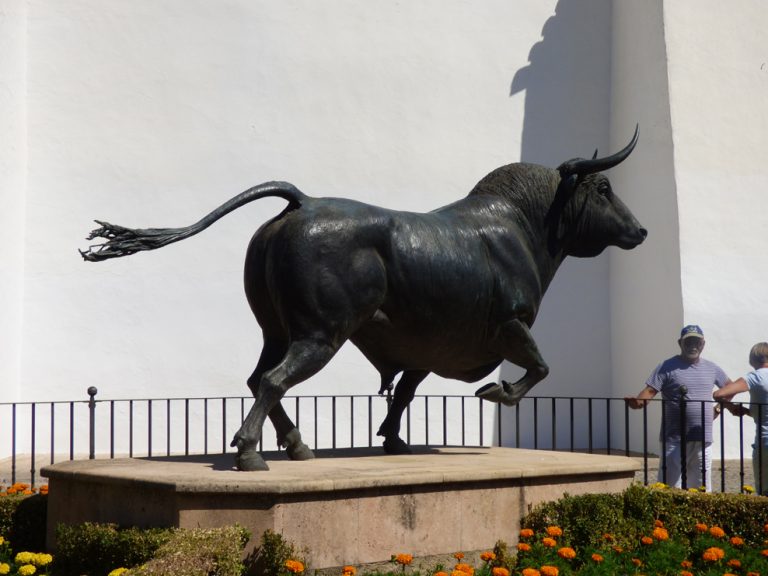Media reports are suggesting that Nancy Pelosi, Speaker of the U.S. House of Representatives is planning a visit to Taiwan in August.
The reports have sparked outrage within the Chinese Communist Party (CCP), that is warning of “forceful measures” should she visit — something that the U.S. military has taken issue with.
Pelosi’s visit to Taiwan
The reports come months after Pelosi announced a planned visit to Asia in early April, which was postponed after Pelosi tested positive for COVID-19. Although the trip’s main goal was to visit Japan, it did include a detour to Taiwan.
According to the Financial Times, six people familiar with the topic said that Pelosi would head a delegation to Taiwan in August. Should the visit occur, Pelosi would be the most senior lawmaker from the U.S. to visit the self-governing island since Republican Speaker Newt Gingrich visited Taiwan in 1997 — a year after Taiwan held its first democratic elections.
Taiwan has seen several visits by American delegations in the past few years. After former U.S. President Donald Trump signed the Taiwan Travel Act in March 2018, officials and lawmakers have continued to visit the island, even as Beijing strongly voiced their disapproval of the visits.
Success
You are now signed up for our newsletter
Success
Check your email to complete sign up
Pelosi is expected to lead a delegation of lawmakers to Japan, Singapore, Indonesia and Malaysia, in addition to a visit to the U.S. Indo-Pacific Command in Hawaii later this summer.
Beijing’s outrage
Pelosi’s anticipated visit comes as U.S.-China and China-Taiwan relations are at an alarming low point.
In April, Beijing expressed its dissatisfaction with the potential visit, with the CCP’s Foreign Minister, Wang Yi , telling Emmanuel Bonne, France’s diplomatic advisor, that Pelosi would bring “gross interference in China’s internal affairs.”
Yi added that the trip would send “an extremely dangerous signal to the outside world.”
According to Wen-Ti Sung, a lecturer at the Australian National University’s Taiwan Studies programme it is expected that in response to Pelosi’s visit Beijing will retaliate.
Sung anticipates that the CCP will respond by sending military aircraft into Taiwan’s air defense identification zone (ADIZ).
“Beijing will likely warn against potential collusion between U.S. and Taiwan’s ruling DPP, possibly coupled with increase in [People’s Liberation Army] warplanes activities near Taiwan’s ADIZ,” he told al-Jazeera adding that, “That will publicly register Beijing’s displeasure, but may be plausibly interpreted more as aimed at deterring Taiwan, than protesting against an American congressional leader.”
It’s expected that the visit will further anger the CCP, since it would be around the same time as the August 1st anniversary of the founding of China’s People’s Liberation Army (PLA).
Zhao Lijian, spokesman for the foreign ministry, warned that Beijing “will have to take determined forceful measures to firmly safeguard national sovereignty and territorial integrity” if Pelosi went ahead with the visit.
Beijing has long considered Taiwan as part of its own territory, declaring its intentions, on numerous occasions, to “reunify” the island with mainland China.
READ MORE:
- Falun Gong Marks 23 Years of Persecution–And Perseverance–In China
- Chinese Navy Launches 3rd Carrier, Deploying New Electromagnetic Launch Technology
- US Tells China Its Support for Russia Complicates Relations
Opposition from Washington
The reports come as President Joe Biden prepares to meet with CCP leader Xi Jinping via an online meeting in a few weeks.
According to the Financial Times, the President himself said that the Pentagon did not support Pelosi’s planned visit.
“The military thinks it’s not a good idea right now,” Biden told reporters on Wednesday.
Three people familiar with the matter said the White House also showed concern for the trip, since it would take place around the same time as the anniversary of the PLA’s founding.
Some officials said it would have been easier to account for a visit, had it happened right at the start of Russia’s invasion of Ukraine.
CIA director Bill Burns said that the CCP has been “taking lessons” from the Russian invasion.
“I suspect the lesson the Chinese leadership and military are drawing is that you’ve got to amass overwhelming force,” he said.
Though the U.S. doesn’t recognize the Republic of China, Taiwan, as an official government, it does provide unofficial support, with the U.S. and its allies sending naval forces to the Pacific amidst the PLA’s regular intrusions of Taiwan’s ADIZ.















